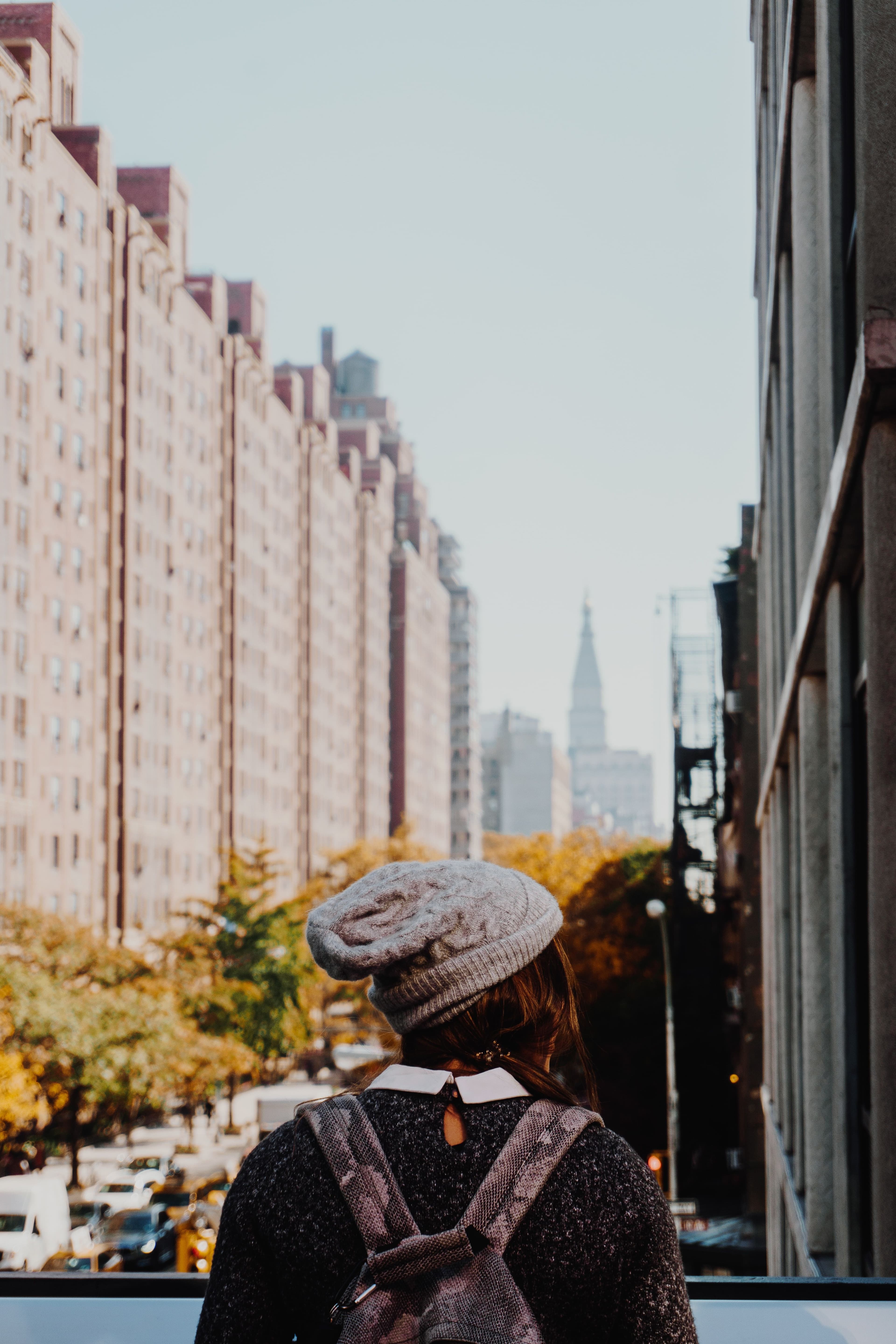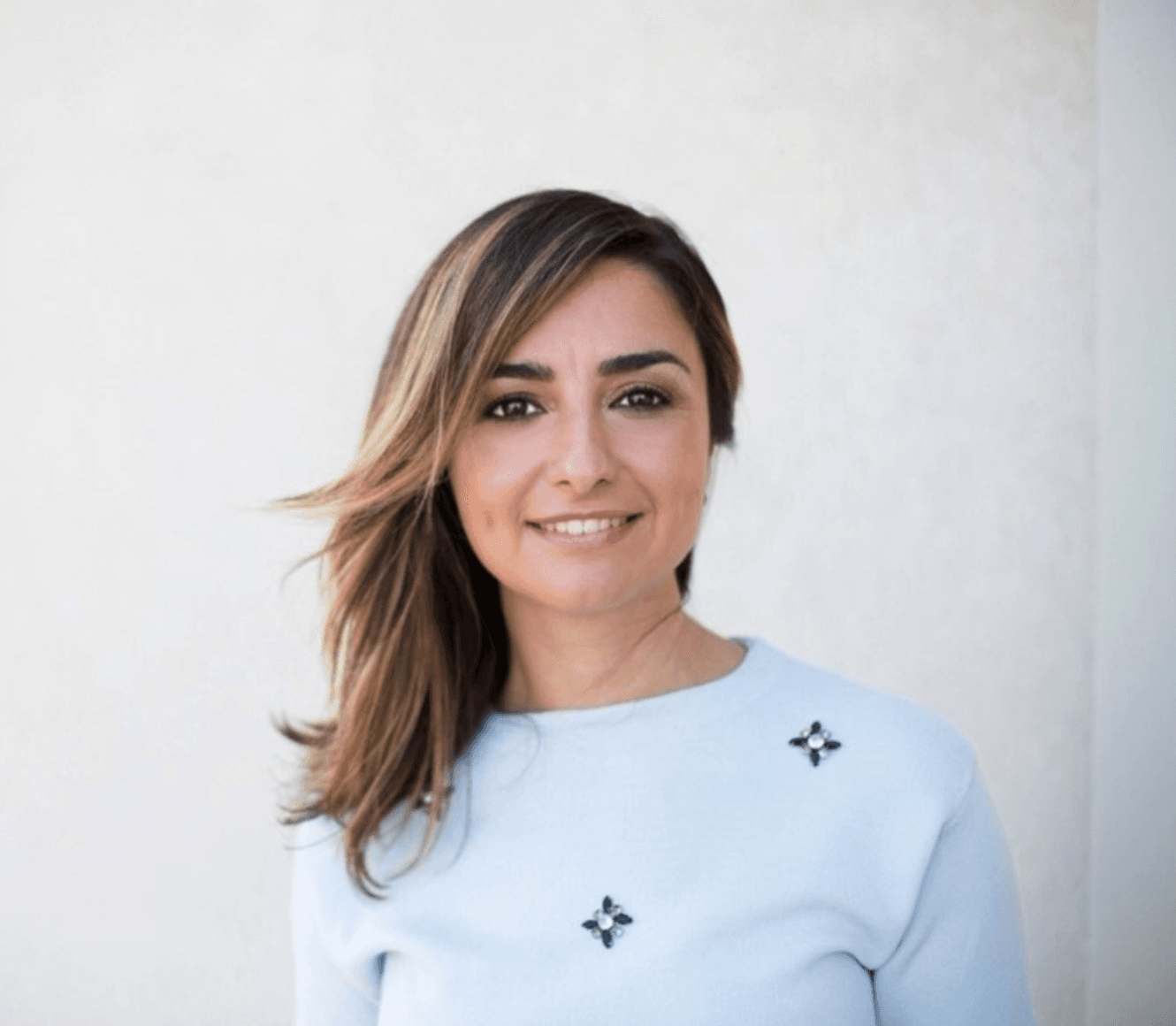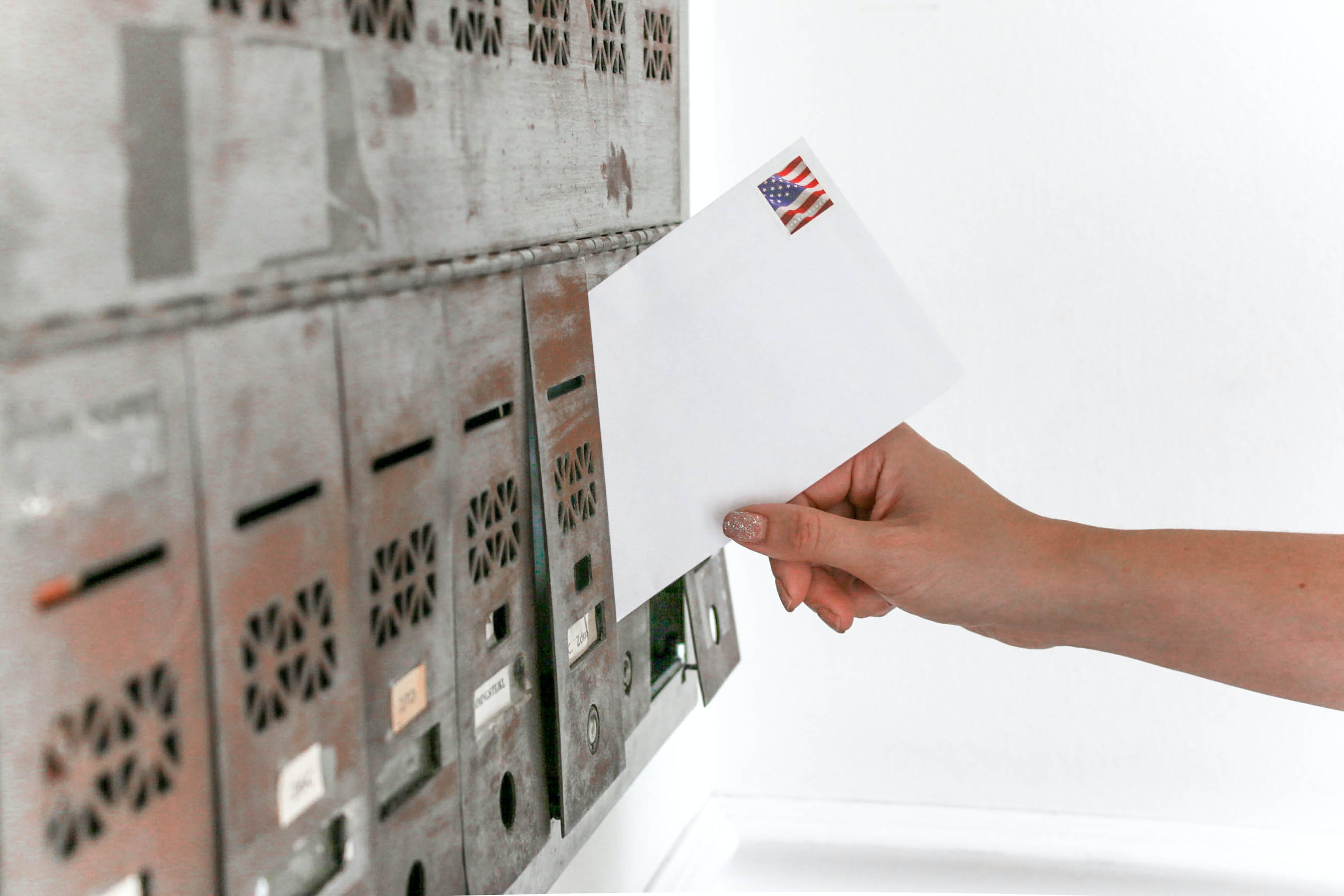
Charter Schools NYC: Everything You Need to Know
Charter schools are independently operated, public schools founded by educators, community groups, or private organizations. They are so named because they operate under a ‘charter’, which is a specialized term - essentially - meaning a performance-based contract.

What is a Charter School?
Charter schools are independently operated, public schools founded by educators, community groups, or private organizations. They are so named because they operate under a ‘charter’, which is a specialized term - essentially - meaning a performance-based contract. These charters detail a school’s mission, program, goals, students served, methods of assessment, and ways to measure success. If they cannot meet the stipulated goals, a school will lose its charter. In NYC, schools are provided with a charter for five years. In order to renew their charter for an additional five years, they must prove they are meeting the goals outlined in the charter.
When Were Charter Schools Created in NYC?
In 1998, the New York State Legislature approved then Governor George E. Pataki’s plan to authorize the creation of ‘autonomous public schools’, or charter schools. The New York State Charter Schools Act of 1998 was passed on December 18, 1998, and the following school year, in September of 1999, the first charter school opened in Harlem.
How Many Charter Schools Are in NYC?
As of November 2023, 274 charter schools operate in New York City: 90 in Brooklyn, 94 in the Bronx, 55 in Manhattan, 27 in Queens, and 8 in Staten Island.
Who Funds Charter Schools in NYC?
Charter schools, like public schools, are non-profit institutions and free to all students. However, unlike public schools, charter schools are not 100% publicly funded. Here is a general overview of funding sources for charter schools in NYC:
- Public Funding: Charter schools receive most of their funding from the state and local government. This is based on a per-pupil funding formula, which means they receive a set amount of money for each student enrolled. This funding is derived from taxpayer dollars and is intended to cover the basic operational costs of the school.
- Federal Funding: Charter schools may also receive federal funds, particularly for specific programs or initiatives. For example, they might receive federal grants for serving low-income students, students with disabilities, or for implementing innovative educational programs.
- Private Funding: In addition to public funds, charter schools often seek private funding. This can come from a variety of sources, including philanthropic organizations, private donors, and foundations. These funds can be used for a variety of purposes, such as facility upgrades, special programs, or expanding the school's capacity.
- Grants and Donations: Charter schools might apply for grants from various organizations or receive donations from individuals or corporations. These funds can be crucial for schools looking to implement special projects or expand their offerings beyond what their public funding can cover.
While charter schools are publicly funded, they operate independently of the local school district. This independence allows them more flexibility in their operations, curriculum, and staffing, but it also means they often have to be more proactive in securing additional funding to support their programs and initiatives.
Who Is in Charge of NYC Charter Schools?
Several authoritative bodies oversee New York City charter schools. To start with, all charter schools must be authorized by one of three organizations:
- New York City Department of Education (DOE)
- New York State Department of Education (NYSED)
- The State University of New York Charter Schools Institute (SUNY)
Additionally, each school is required to have a Board of Trustees which oversees the financial management of the school as well as selecting the school leader
Lastly, charter schools are subject to the oversight of the same government institutions as all other NYC public schools, though the rules they must follow are slightly different. These institutions include the NY Department of Education as well as the federal Department of Education.
Who Attends NYC Charter Schools?
Any student eligible to attend New York City public schools may attend a charter school. Parents must submit an application to any charter school they wish their child to attend by April 1 for the following school year. They can submit applications to multiple schools. If a charter school receives more applications than they have available seats, a lottery is held to determine which students may attend the following year.
While charter schools do not have competitive admissions from an achievement perspective, they are highly sought after and it can be difficult to get a spot. Additionally, charter schools are allowed selective admissions for the following reasons:
- Preference to returning students, siblings of enrolled students, and students residing in the same community school district (CSD)
- Preference to ELLs, students with disability, and students eligible for free or reduced priced lunch, though these preferences must first be approved by its authorizing body.
- Under New York State Law, charter schools may be single-sex.
How Many Students Are in Public vs Charter Schools in NYC?
Approximately 142,500 students attend charter schools in New York City, while 957,438 students attend traditional public schools in NYC. This means about 15% of public school students attend a charter school.
How Are NYC Charter Schools Rated to Public Schools?
Like public schools, the efficacy of charter schools varies from school to school. Overall, charter schools’ performance trends higher than their traditional counterparts in Math and English Language Arts (ELA), though not every school sees this type of success. Minority and disadvantaged students in particular tend to see better outcomes in charter schools.
Charter Schools vs Public Schools vs Private Schools: Pros and Cons
It can be challenging to know which type of school is best for your child. Here we break down the typical pros and cons of charter, public, and private schools in New York City.
| School Type | Pros | Cons | Performance in Math & ELA | Demographic Information |
| Public Schools | Free education, Diverse student body, Wide range of programs and extracurricular activities | Larger class sizes, Performance can vary greatly depending on the school and area, Limited flexibility in curriculum | Varies significantly across different schools and districts | Typically reflect the demographics of their local community |
| Private Schools | Smaller class sizes, Often have more resources, Can offer specialized curricula or programs | High tuition costs, May have less diversity, Admission can be competitive | Often higher than public schools, but can vary | Tend to have less racial and economic diversity compared to public schools |
| Charter Schools | Often innovative in teaching methods and curriculum, More autonomy than public schools, Can focus on specific educational approaches | Inconsistent quality and performance among schools, May have limited extracurricular activities | Varies widely; some outperform public schools in their area, while others do not | Can vary widely; some have a diverse student body, while others serve specific communities |
A few notes on this table:
- Performance in Math and ELA: The performance metrics can vary significantly within each category of schools. For specific data, please seek out reports from the New York City Department of Education or independent educational review organizations.
- Demographics: The demographic makeup of each type of school can vary based on the location and specific mission or focus of the school. Public schools generally reflect the community they are in, while private schools often have less economic and racial diversity. Charter schools can be diverse, but this depends on the school's specific mission and location.
- Overall Quality: The quality of education can vary greatly within each category, influenced by factors like funding, location, school leadership, and community involvement.
- Access and Admissions: Public schools are generally accessible to all students in the area, while private and charter schools often have selective admissions processes. Private schools may have extremely competitive admissions while charter schools may only serve certain demographics or have a limited number of seats with students chosen by lottery system.
This chart provides a broad overview and we would advise researching the specific schools you are interested in for more detailed information.
What is The Biggest Network of Charter Schools in NYC?
The biggest network of charter schools in NYC is Success Academies. It runs 47 schools across all boroughs except Staten Island. The network is considered highly controversial.
The second largest network - and much less controversial - is KIPP NYC which operates 18 schools.
How to Apply to Charter Schools in NYC?
When you are ready to apply to a charter school in NYC, you will go through a several step process.
- Research & School Visits: You will need to look into which schools are in your area and which your student is eligible for. The New York City Charter School Center has a helpful finder tool to get you started. It's important to note that many charter schools prioritize a geographic area or specific type of student and are legally allowed to do so under state law. Additionally, new charter schools typically open with a single grade and grow from there, meaning the grade your child needs may not be available.
Once you have narrowed down your options, consider scheduling a school tour to make sure this is really the right choice for your student. - Request Applications: As the admission process varies by school, you will need to reach out to each school individually to request the application and determine any additional requirements.
- Apply. Once you know your student is eligible, have determined it is an option you want to pursue, and have toured the school, you’ll need to fill out the application and complete any additional requirements of the school or schools to which you are seeking enrollment.
- Receive Notification. You will be notified by the school if your child’s application has been accepted. An accepted application does not always mean there is a seat for your child. The school will let you know if there will be a lottery to award seats. If so, the school will conduct the lottery and then send out letters to parents letting them know if their student can enroll for the following school year.
- Complete Enrollment. Once you know your child has been accepted, you can complete the enrollment process.

Timeline for Applying to NYC Charter Schools
January - March: Steps 1, 2 & 3
April: Step 4
May - June: Step 5
August - September: Start school!
How Ivy Tutors Network Can Help
Applying to a charter school (or multiple) in New York City can be a daunting process. Ivy Tutors Network can help your family narrow down the schools to apply to based on your student’s unique needs. We can also help with the application process to each school. While admissions to charter schools are not competitive, it can still be a stressful process and extra support can help to make it less so. Contact us for more information about our services.




